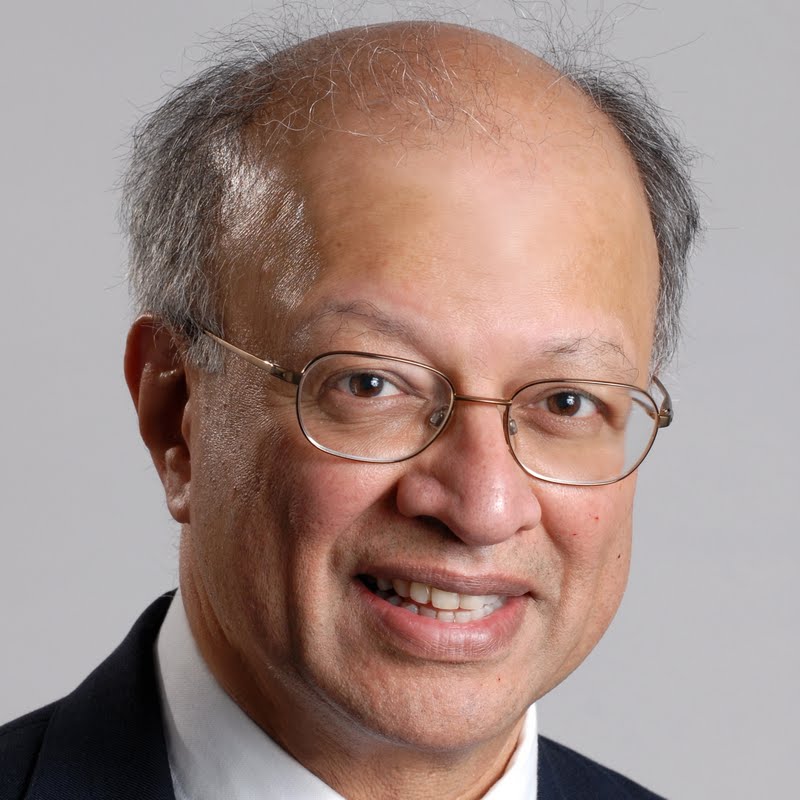To some, the problems in developing countries may seem intractable: unsafe drinking water, subpar sanitation systems, limited access to electricity, low agricultural yields due to poor irrigation, environmentally unsustainable use of resources, and so on. Yet Lawrence Berkeley National Laboratory (Berkeley Lab) has proven not only that technology can solve many of these problems, but also that the right low-carbon, affordable technology can be effectively and widely deployed.
To broaden and accelerate its efforts at poverty alleviation Berkeley Lab announces the launch of the LBNL Institute for Globally Transformative Technologies (LIGTT, pronounced “light”). Its ambitious mandate is to foster the discovery, development, and deployment of a generation of technologies that will advance sustainable methods to fight global poverty.
“In the coming decades, more intensive energy and resource use across the world will pose enormous challenges to our science and technology,” said Lab Director Paul Alivisatos. “The new Institute will bring together individuals with outstanding minds and compassionate hearts to build upon Berkeley Lab’s growing record of achievement in developing environmentally and economically scalable solutions that elevate the human condition.”
LIGTT builds upon a strong record of achievements by Berkeley Lab researchers. Two of its inventions have already helped millions improve their lives.

Berkeley Lab scientist Ashok Gadgil is the creative force behind the launch of the LBNL Institute for Globally Transformative Technologies (LIGTT).
- UV Waterworks, a device to disinfect drinking water inexpensively using ultraviolet light, has been licensed to WaterHealth International (WHI). Today WHI sells clean drinking water to five million people in six countries in Asia and Africa at about two cents per gallon and has just opened its 500th water purification center in rural India.
- The Berkeley-Darfur Stove is a fuel-efficient cookstove designed specifically for women living in Darfuri camps. Since Berkeley Lab partnered with a local nonprofit (the Darfur Stoves Project), and through them with Oxfam America, 21,000 stoves now serve more than 120,000 people in Darfur. In the last five years the stoves have saved each household more than $300 per year in fuel costs and has reduced women’s exposure to possible violence associated with traveling far outside the camp to gather firewood.
Some initial funding from the U.S. Agency for International Development (USAID) for advancing fuel-efficient stoves in Darfur and Ethiopia is pending.
Berkeley Lab scientist Ashok Gadgil was the driving force behind the Darfur Stove and UV Waterworks and is the creative force behind the launch of LIGTT. Gadgil, who serves as director of the Lab’s Environmental Energy Technologies Division as well as UC Berkeley professor of civil and environmental engineering, was recently honored with the Zayed Future Energy Prize’s Lifetime Achievement Award. He has also been recipient of the Heinz Award, and the Darfur Stove won the Popular Mechanics “Breakthrough” award in 2007.
Scientists at Berkeley Lab conduct vast amounts of research every year to bring advanced technological solutions to energy problems. Much of this work can be applied to solving problems of the developing world, according to Gadgil.
“I believe Berkeley Lab is uniquely positioned to make significant inroads in the fight against poverty through next-generation technologies,” said Gadgil. “Seeing what we’ve accomplished so far with a few individual initiatives, that is just a glimmer of what we can do with full-time staff, dedicated resources, and by partnering with select institutions with boots on the ground.”
The Institute has recruited Shashi Buluswar as the interim director until a permanent director is found. Buluswar currently leads the conflict, human rights, and humanitarian aid practice of Dalberg Global Development Advisors and directs the firm’s San Francisco office. He also teaches international development at the Haas School of Business at the University of California, Berkeley.
LIGTT is launching with a portfolio of three technologies—including lighting and water purification—that are ready for larger-scale development and deployment. Over the next few months, it will build out a more comprehensive pipeline based on a thorough analysis of likely demand, potential impact, technology readiness, and the feasibility of the likely business model. Eventually it expects to have about a dozen technologies in the pipeline at any given time.
Some common problems still in need of technology solutions include water desalination, low-cost and low-energy refrigeration, minimal electricity access, and community-level sanitization. LIGTT aims to take advantage of a new technological paradigm, in which solutions are distributed and thus not reliant on institutional infrastructure. Good examples include off-grid telecommunications and decentralized health and sanitation devices.
As it works towards building a low-carbon pathway to prosperity, LIGTT also hopes to foster a new generation of researchers at Berkeley Lab and in partner institutions from developing countries, trained with both world-class science and cultural intelligence.
LIGTT’s geographic focus will be on South Asia and sub-Saharan Africa, where more than 1 billion people are living on less than $1.25 per day. LIGTT will work with carefully selected partners to ensure effective on-the-ground implementation.
“We will be striving for game-changing technologies that can affect upwards of one million people,” Gadgil said. “Given those goals, I expect at least half of our projects to fail. But if just 10 percent are truly breakthrough solutions that can both improve lives and reduce our impact on the environment, then we will have succeeded.”
# # #
Lawrence Berkeley National Laboratory addresses the world’s most urgent scientific challenges by advancing sustainable energy, protecting human health, creating new materials, and revealing the origin and fate of the universe. Founded in 1931, Berkeley Lab’s scientific expertise has been recognized with 13 Nobel prizes. The University of California manages Berkeley Lab for the U.S. Department of Energy’s Office of Science. For more, visit www.lbl.gov.
Additional Information:
- LBNL Institute for Globally Transformative Technologies website
- White House announcement